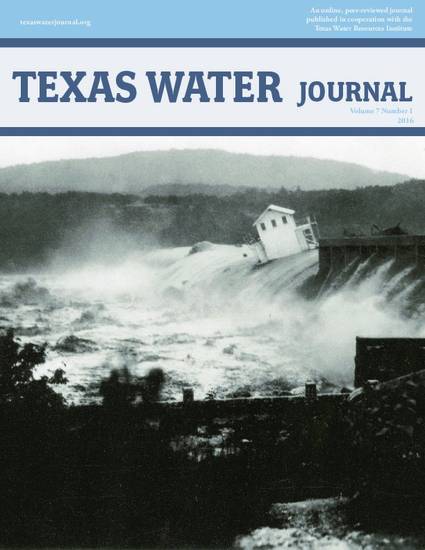
Recent severe droughts in U.S. western and Great Plains states have highlighted the challenges that socio-ecological disturbances can pose for governing groundwater resources, as well as the interconnections between groundwater and surface water and the need to manage the 2 in an integrated way. Conjunctive management recognizes these interconnections and can be used to mitigate disturbances and achieve a variety of water management goals. However, comparative studies of how and to what extent various states have implemented conjunctive management strategies are few. Here we compare and assess the use of conjunctive management practices in 4 western state —Arizona, California, Nebraska, and Texas—with a particular focus on groundwater. Special attention is paid to factors of geography and infrastructure, degree of administrative (de)centralization, and monitoring and modeling in relation to conjunctive management. Despite the commonality of bifurcated regimes for groundwater and surface water, all 4 states have responded to disturbances with conjunctive management strategies in various ways. Although it has groundwater management challenges similar to those in the other 3 states, Texas has overall been slower to adopt conjunctive management strategies.
Available at: http://works.bepress.com/sonya-ziaja/4/
